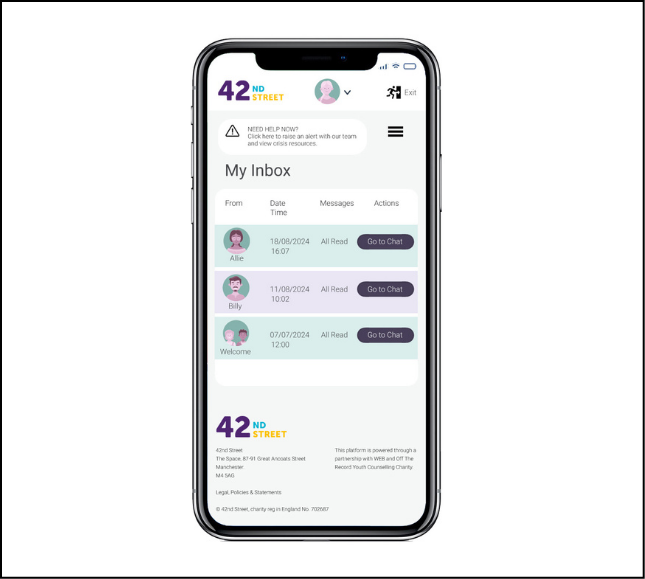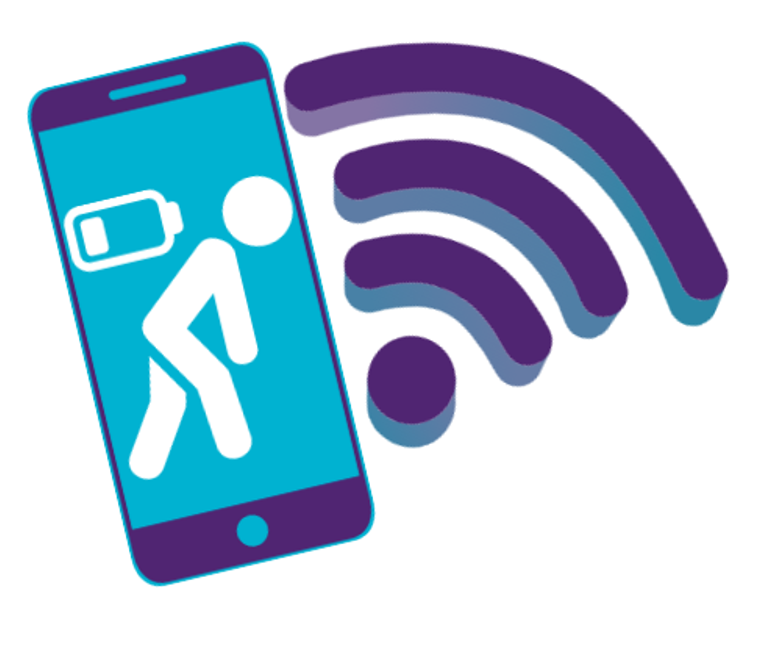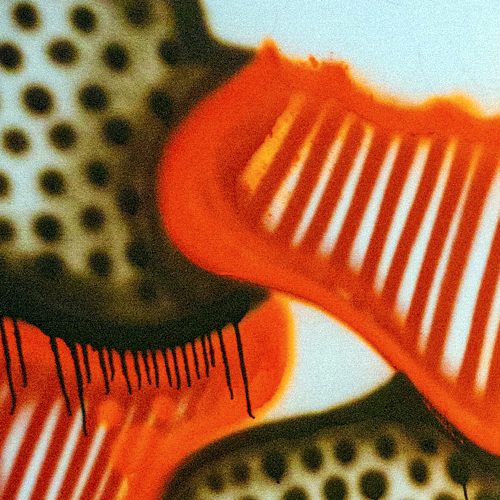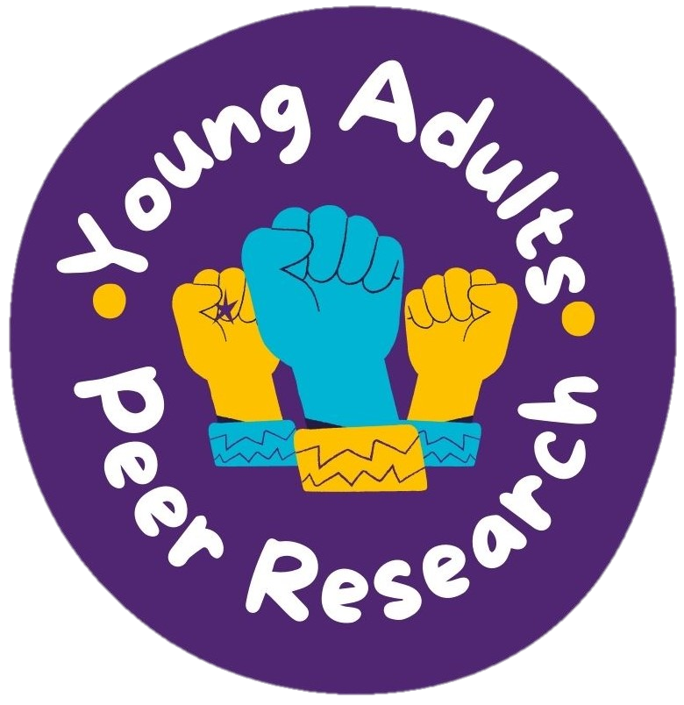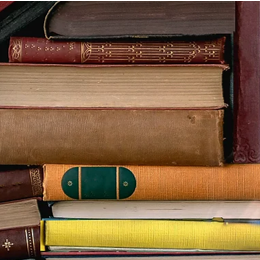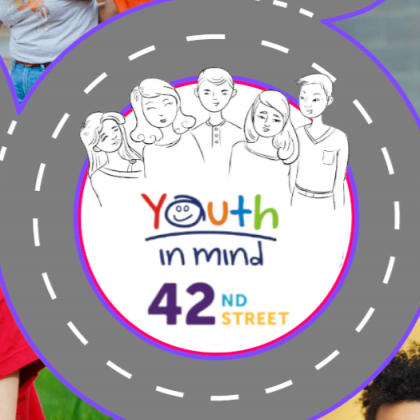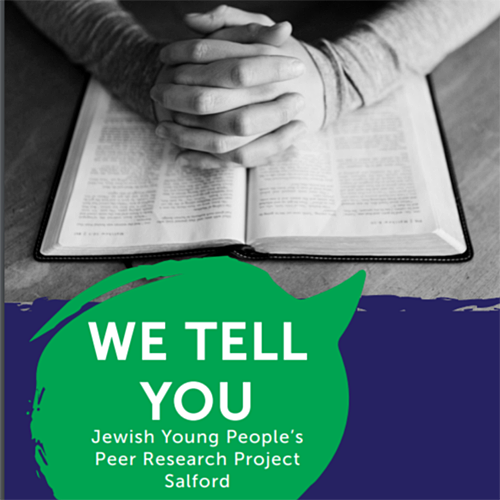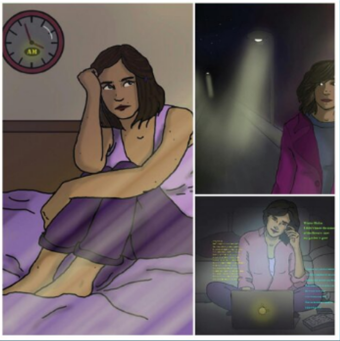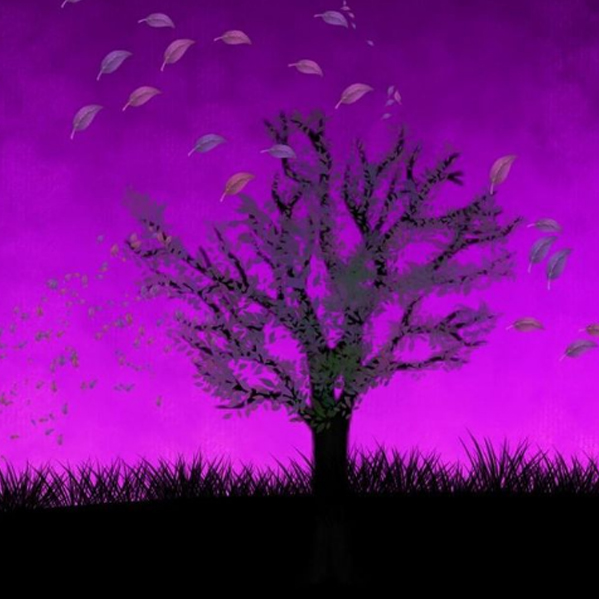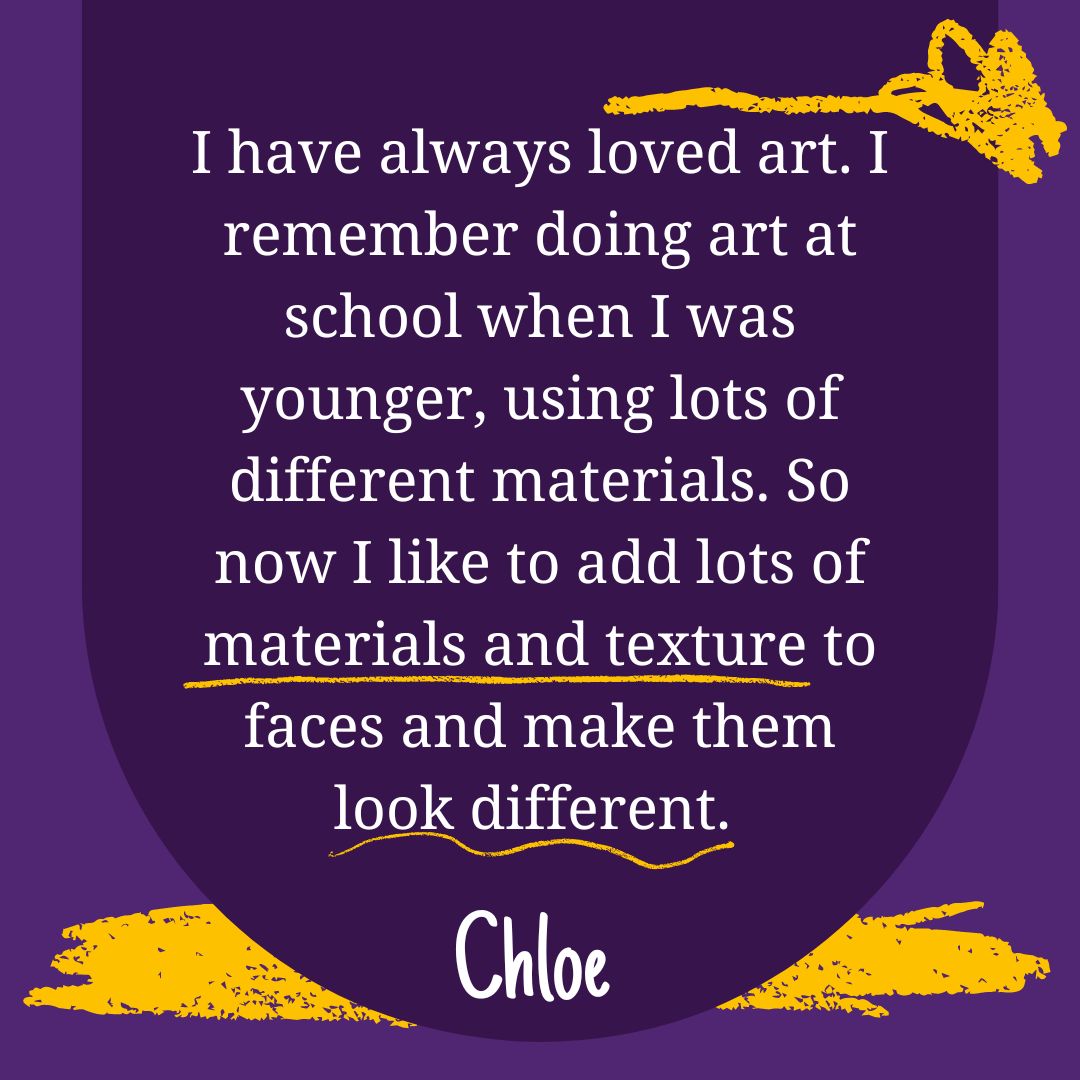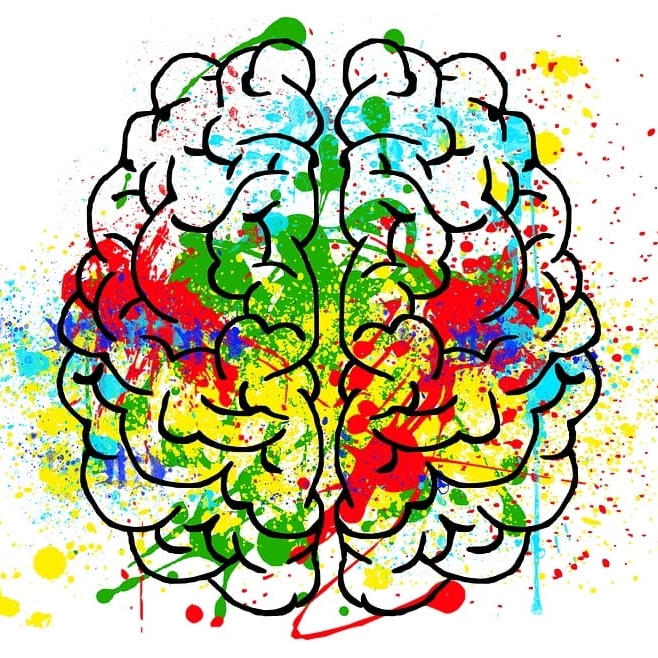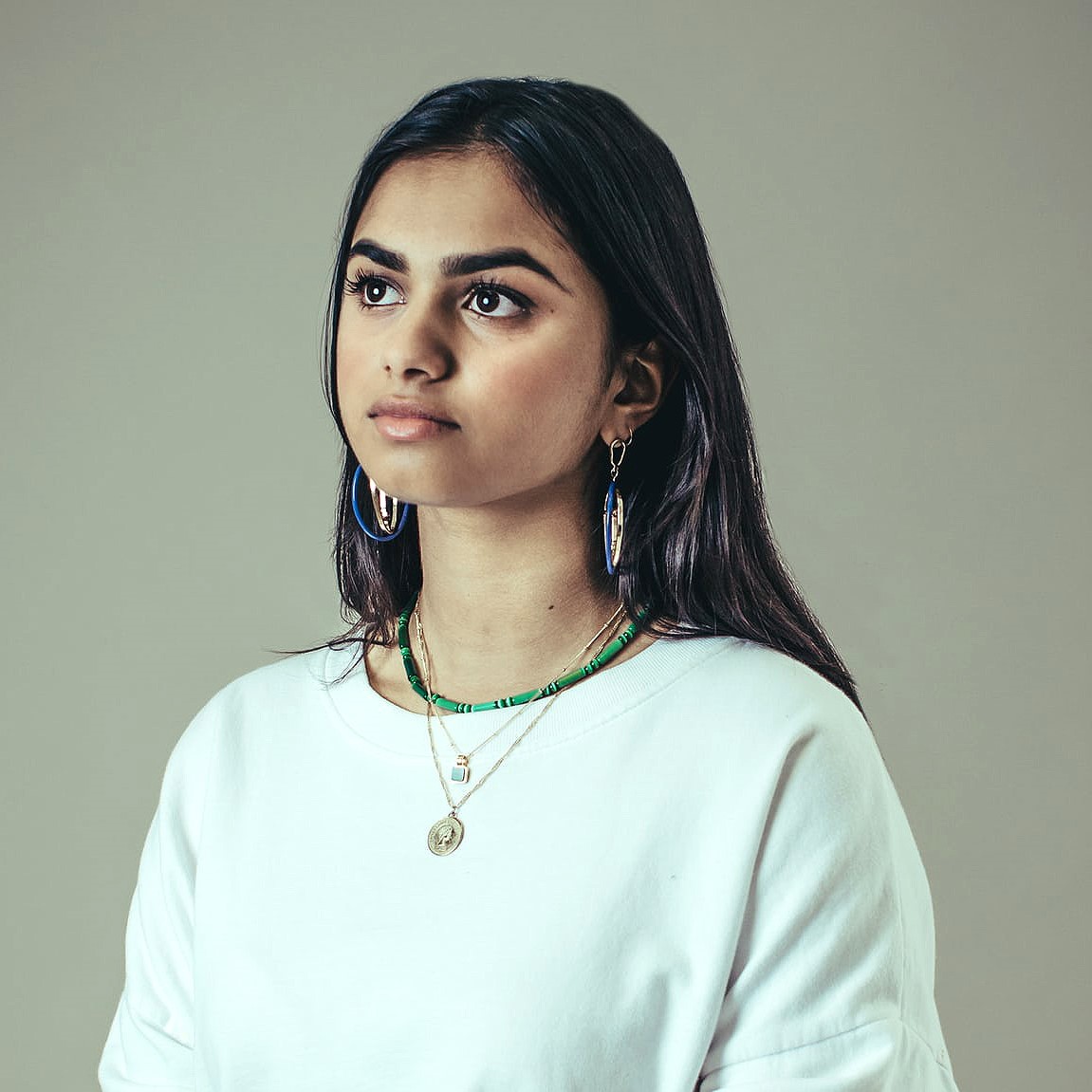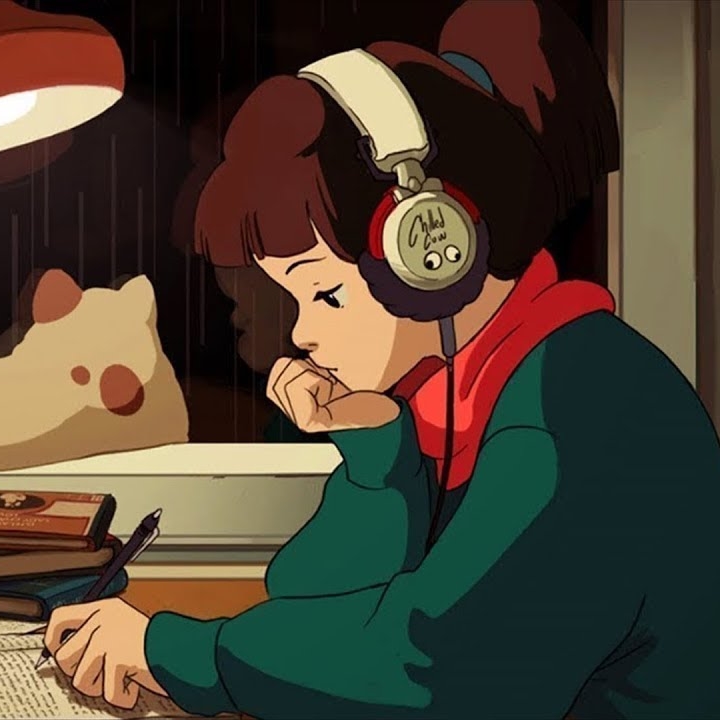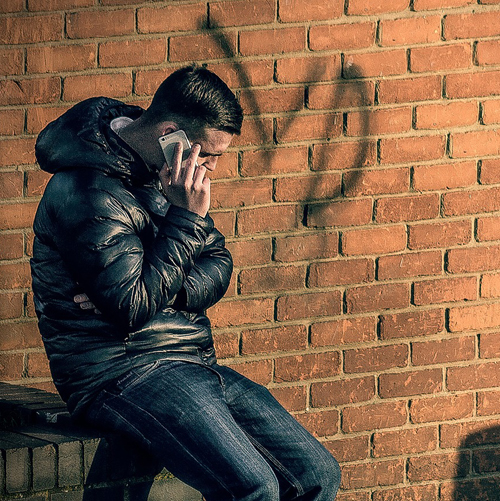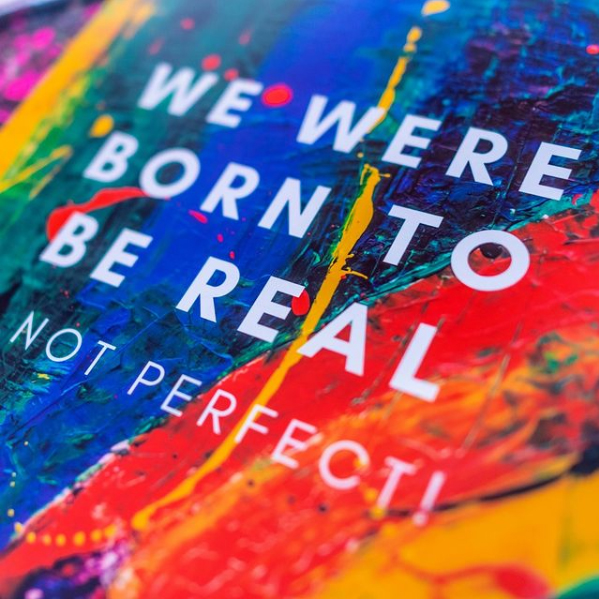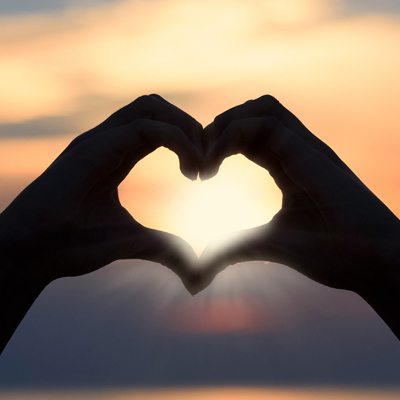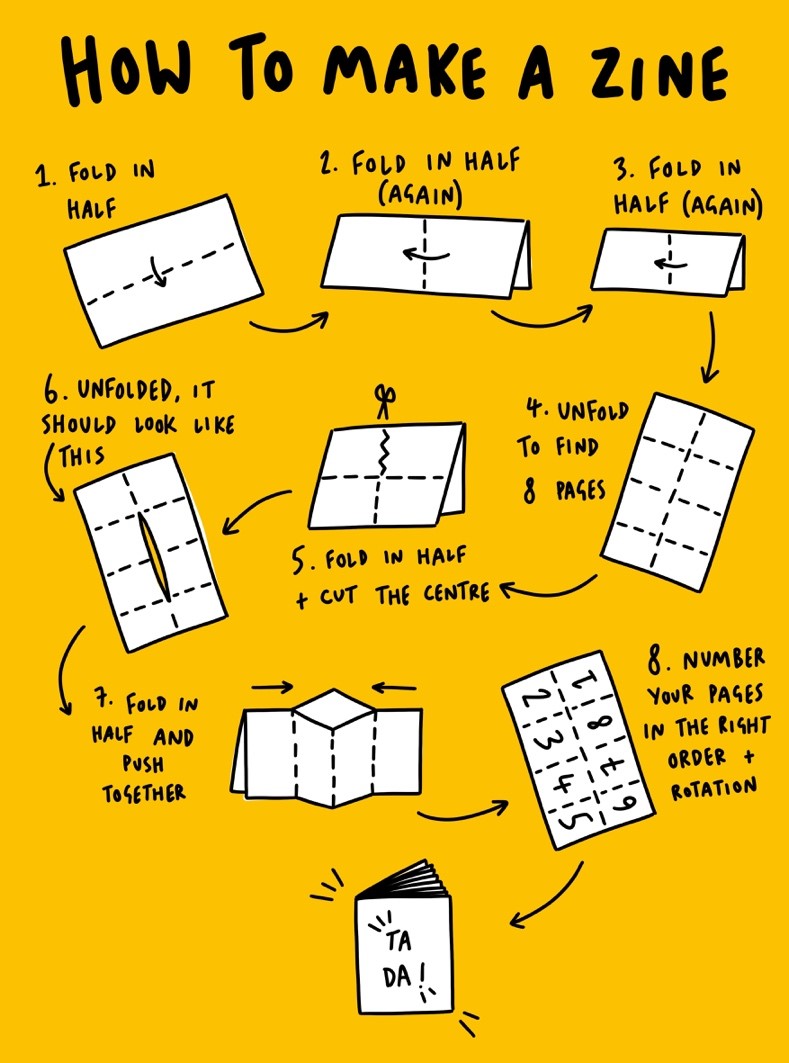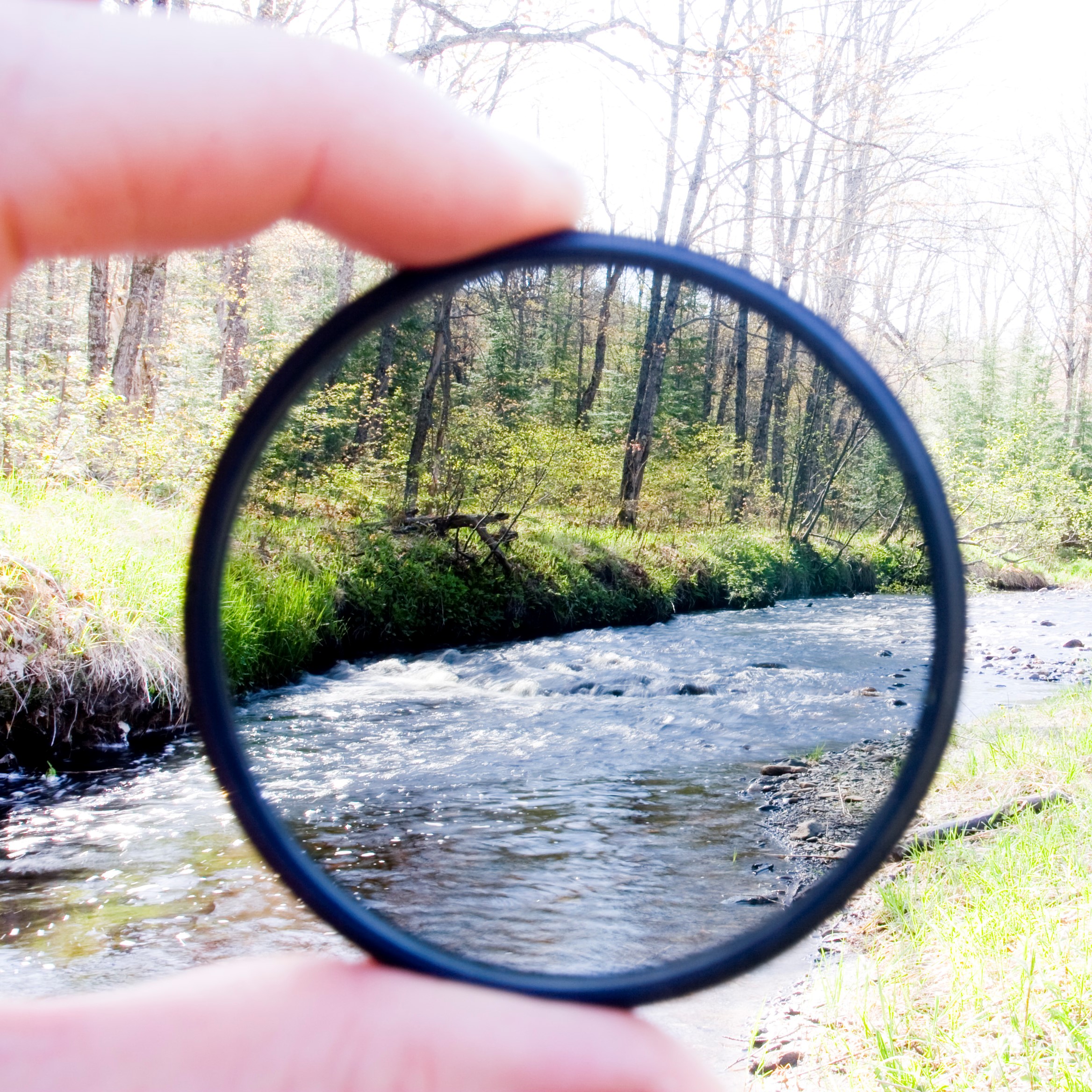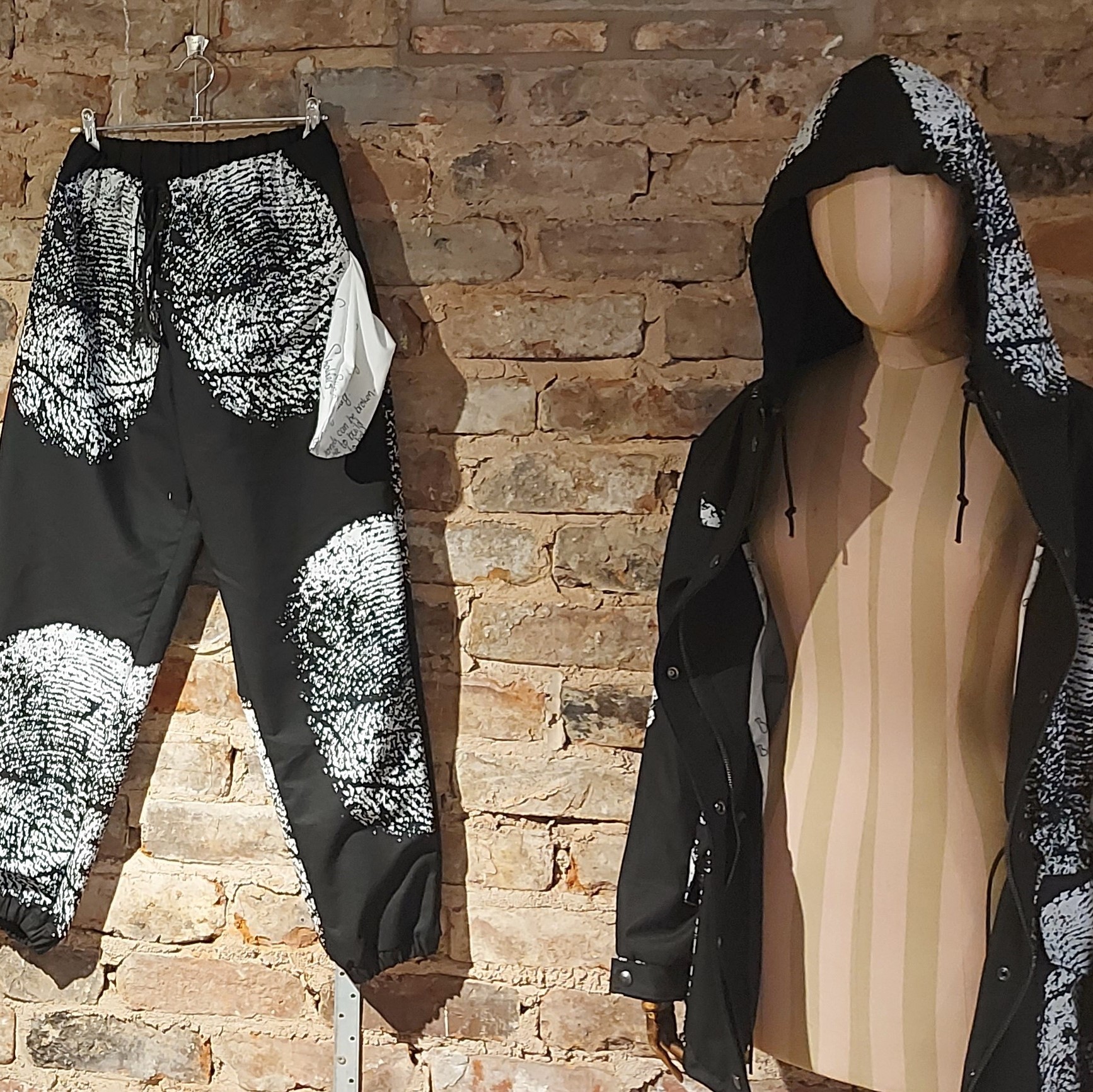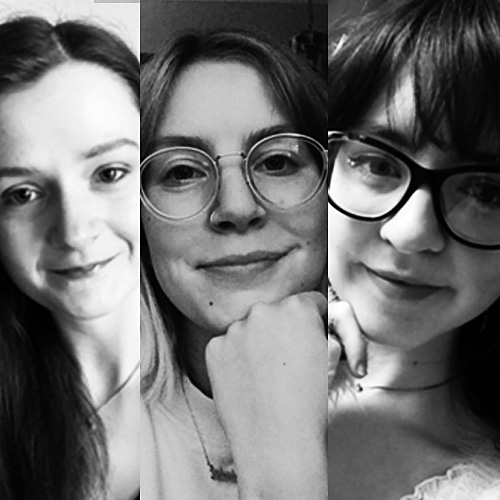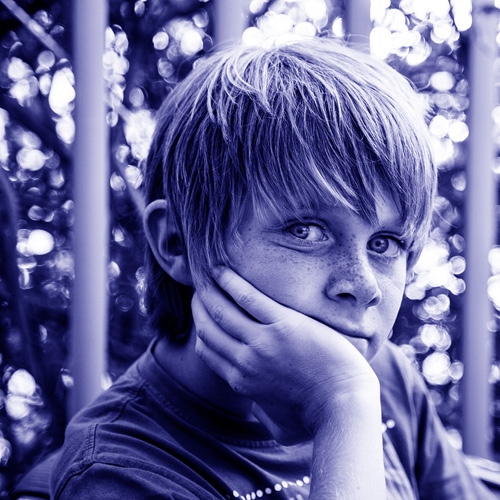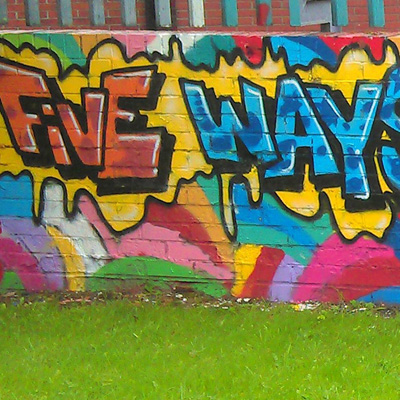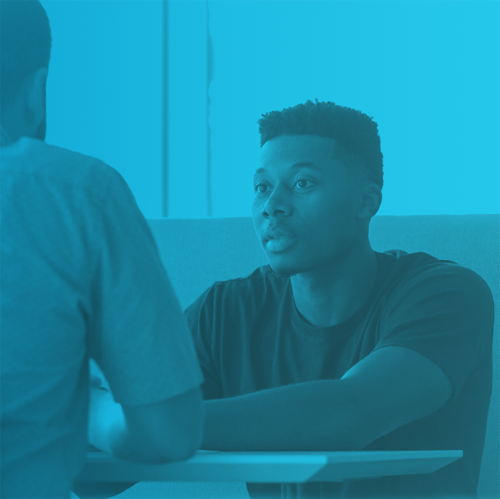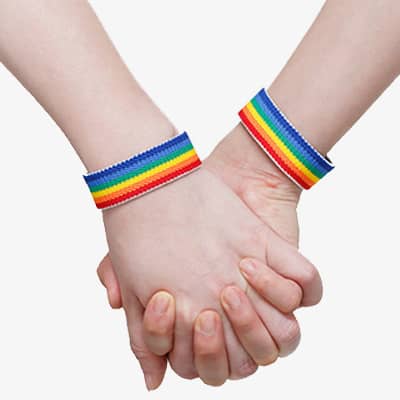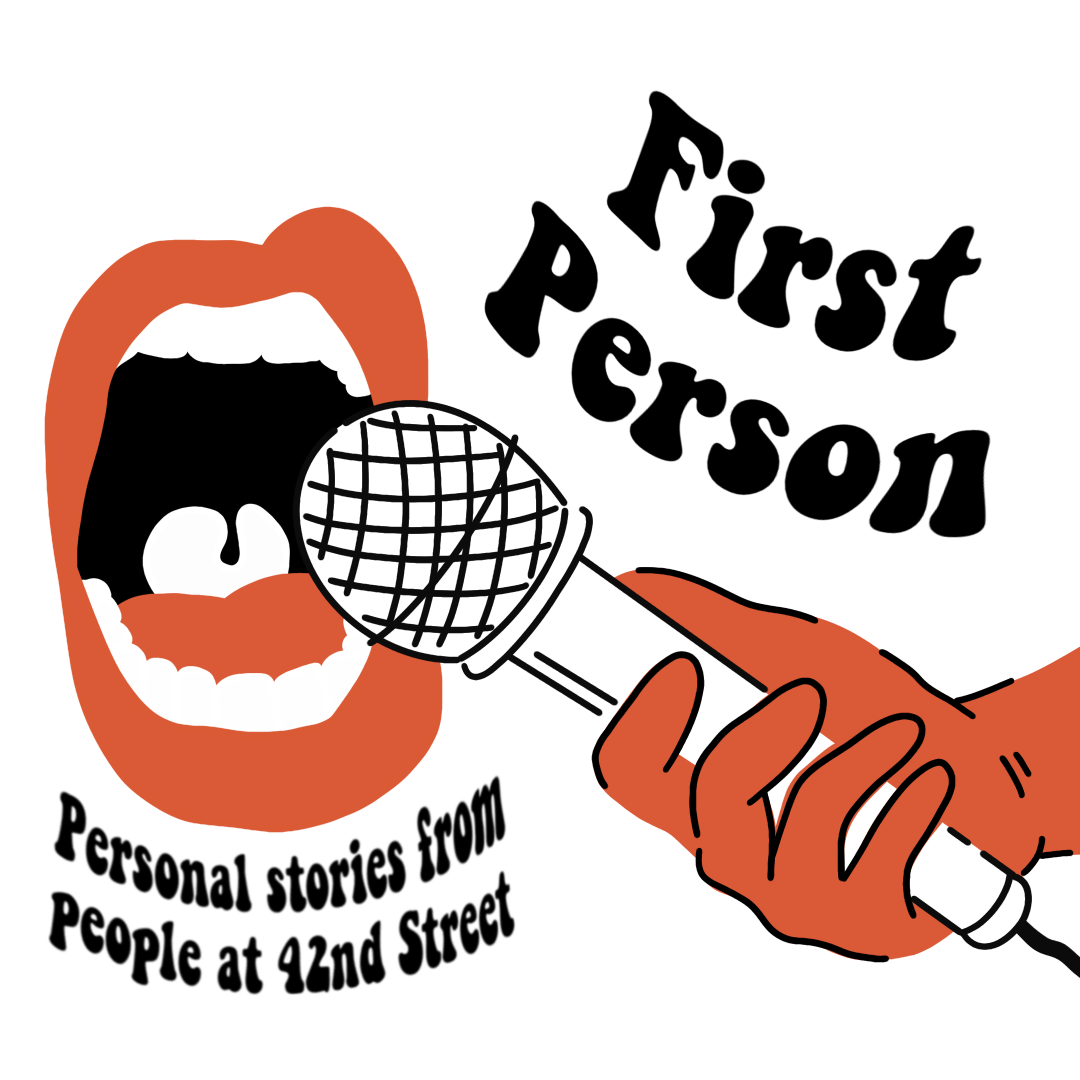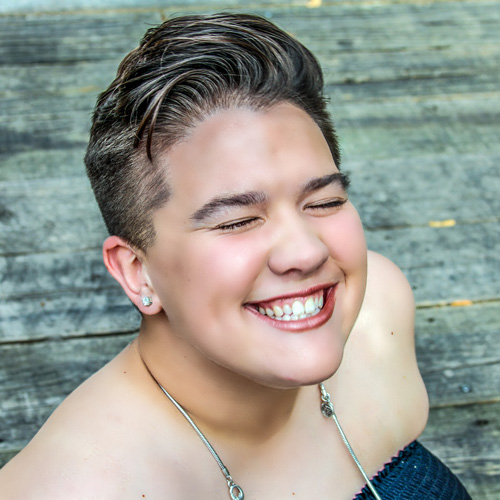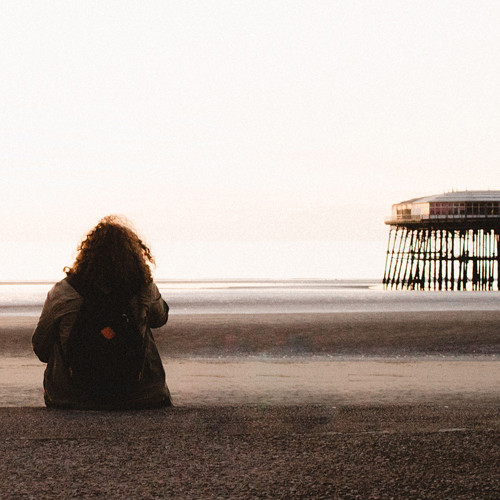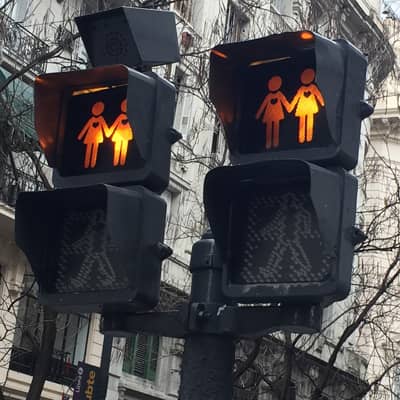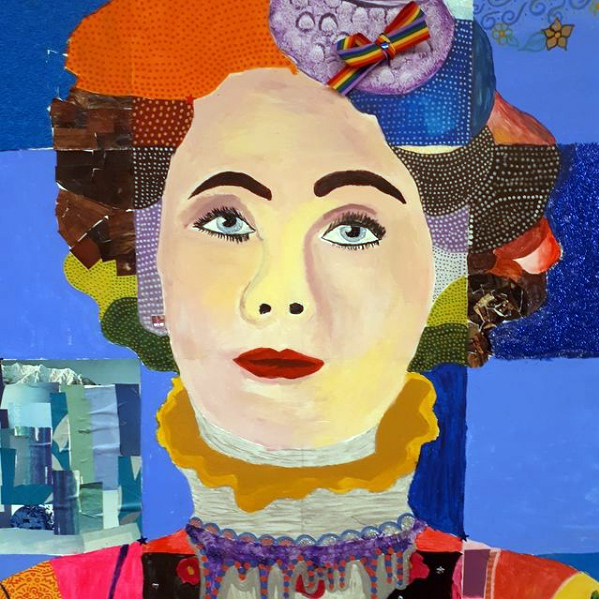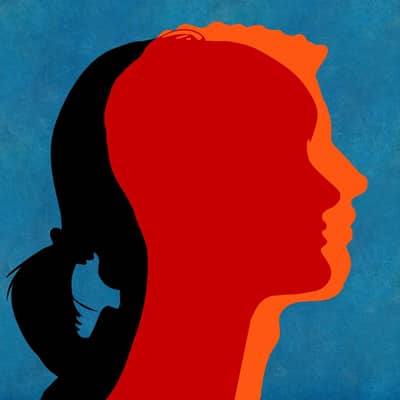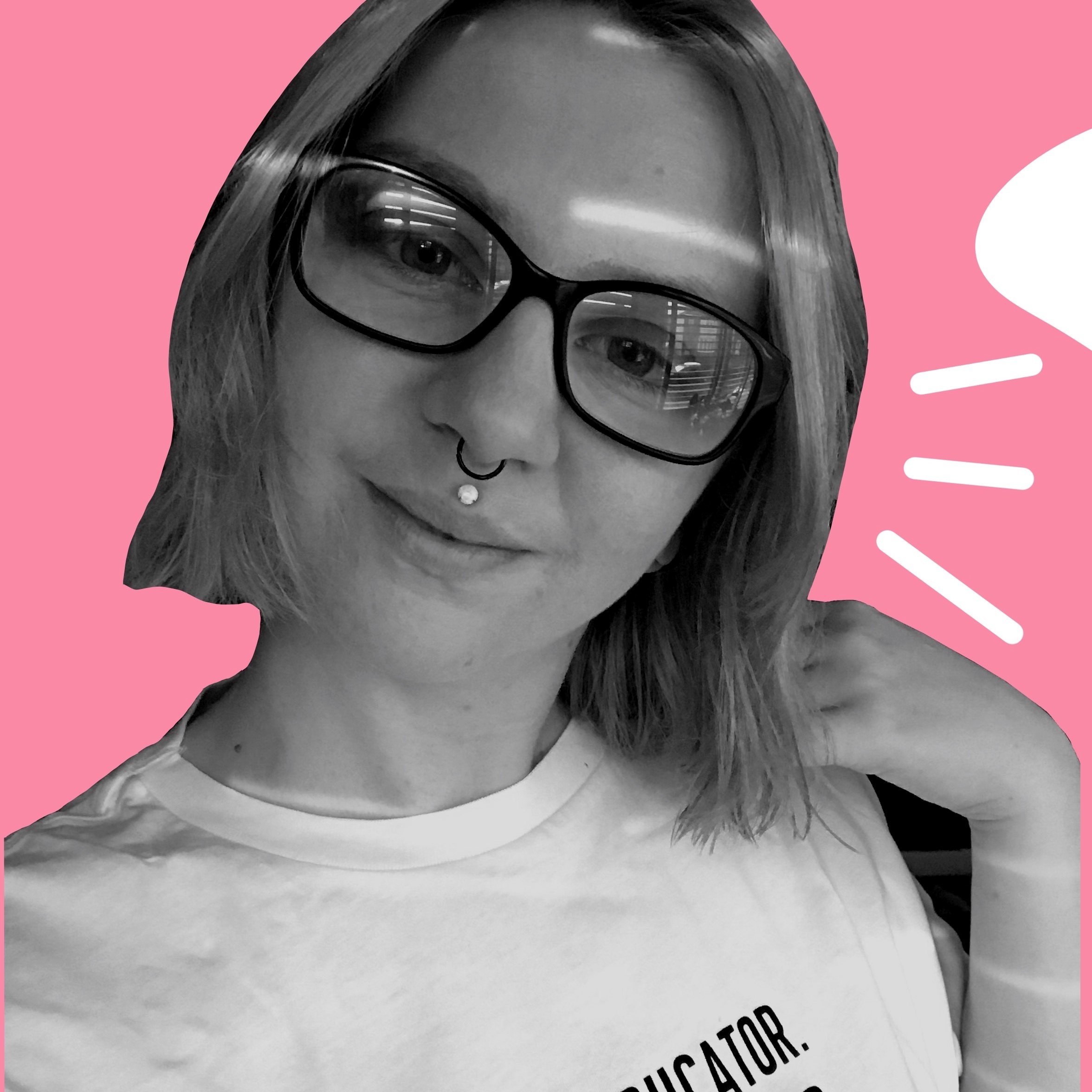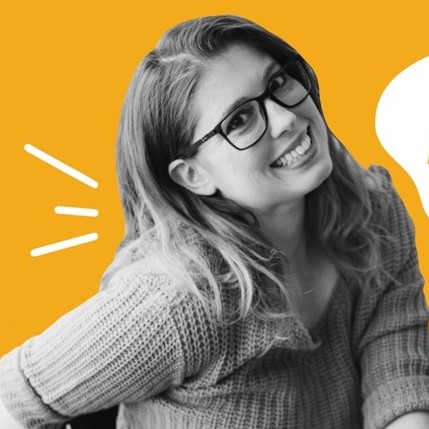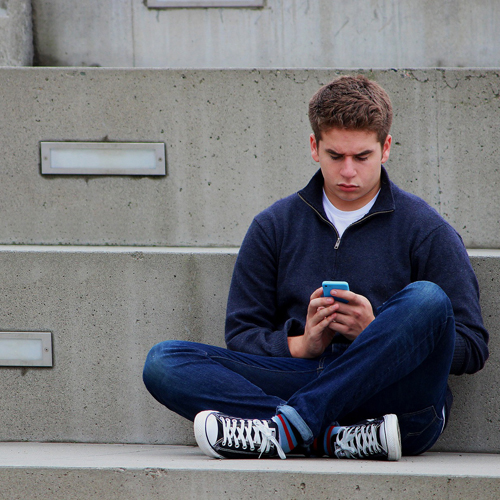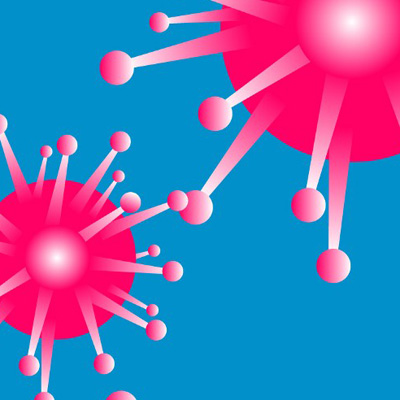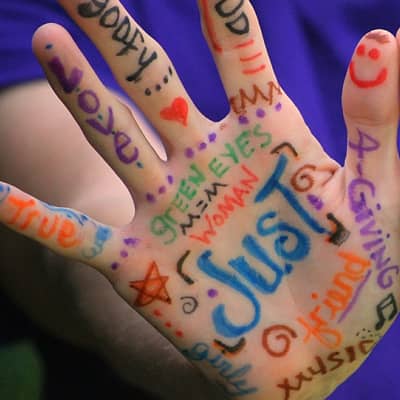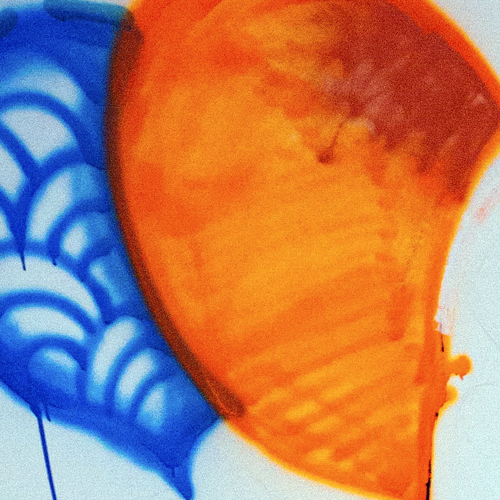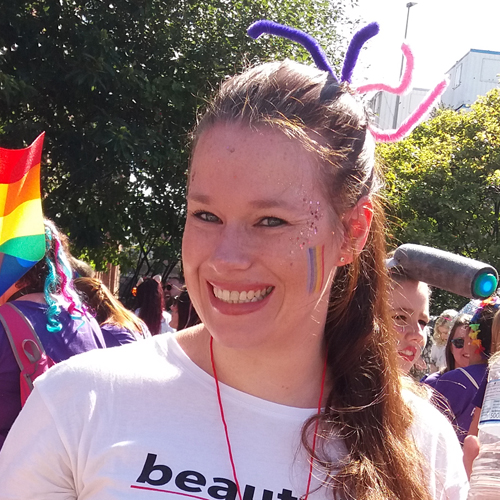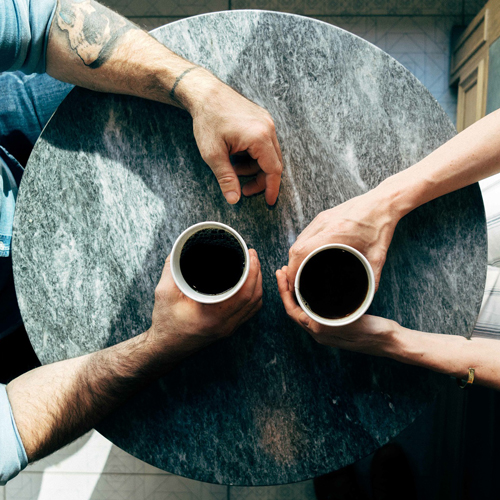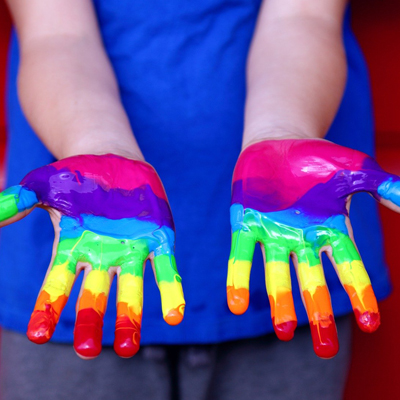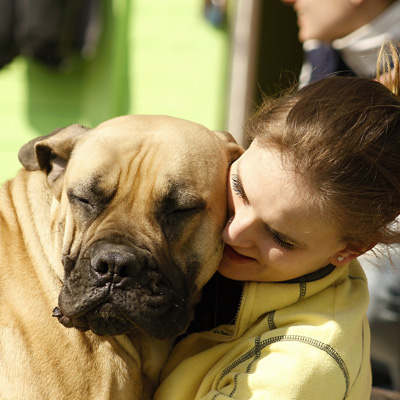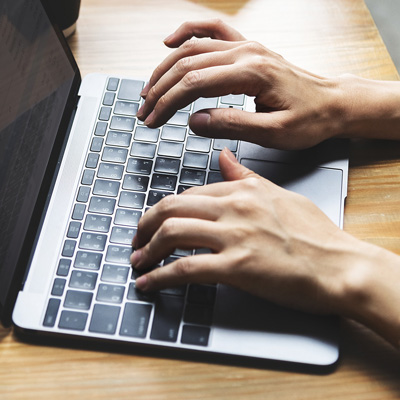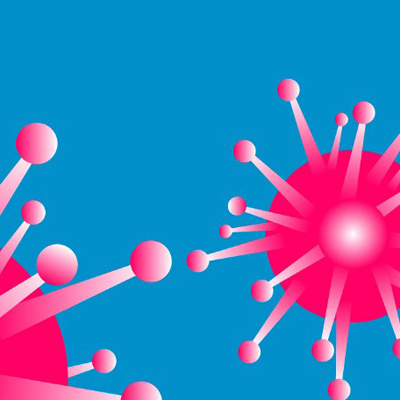Exploring Relationships
Long read 5-10 mins
This article talks about Abuse (emotional and physical), manipulation, exploitation
Relationships can be fun, scary, supportive and sometimes feel like a rollercoaster. But one thing we should always aim our relationships to be, is healthy! A healthy relationship should mean you are both mutually respectful to each other and are willing to communicate.

Relationships aren’t perfect, and if someone tells you theirs is they’re probably lying! But when you do hit a bump in the road it’s really important to TALK.
Opening up can be scary and make you feel vulnerable at times, but the vast majority of the time, talking about things can make a massive difference - for the better. If you and your partner/s have trust, respect, love and good communication with one another, you’re on the right track!
There’s lots of different types of relationships and different hurdles that come with each one, so let’s talk about them…

Online dating & relationships
In modern times online dating is the norm (especially during a social-distanced era) but there are some challenges that come with this that could lead to unhealthy relationships.
Sometimes people on online dating apps can be... “intense” and can over share by sending explicit information and images. Often before they’ve ever said hello.
For some people’s relationships this is great, and they both love getting straight to the point. For some people this can feel like they are being objectified and sexualized.
Ways to help make sure you’re in a safe, healthy online relationship:
- Only send messages within the app or site you’re in (avoid giving your mobile number)
- Avoid giving out personal details, which may lead to them finding you in real life (address etc)
- If you are under 18, make sure you do NOT send nudes to strangers (this can be classed as “distributing Child Pornography), if you want to find out more please visit thinkuknow.co.uk or read our “What is Sexting” post.
If you do meet someone online and want to meet them in person, here’s some more tips to make sure you are being safe:
- Meet somewhere public
- Tell a trusted person who you are meeting with the time and location of the date
- Plan to have a trusted person to ring or text you to give you an excuse to leave “unexpectedly” if you want to exit at any point
- Keep “location services” on, on your phone
Sex in relationships
Is sex really important in a relationship??
In a survey by Relate just over half of respondents said ‘sex’ was important. And in case you feel left out, only 49% of people said they’ve had sex in the last month. So, if you’re not having sex, you are actually in the majority…
There is absolutely NO rush to have sex. You have your whole life to explore sex and what it means to you, so there’s no need to rush! And if someone is rushing you, they are not respecting you. And you deserve someone who is respecting you – because you are amazing!
If you having sex or thinking about it we have a page around sexual health and one around consent that may be helpful too.
So what about asexuality in relationships?
If you and your partner/s all identify as asexual (experiencing little or no sexual attraction to anyone), it might be a straight-forward conversation of mutually understanding each other’s boundaries.
However, more communication may be needed if you have different sexualities and needs from a relationship. What one person might feel they need from a relationship to be comforted and loved, may be completely different for someone else.
We recommend:
- To have an honest conversation about what physical stuff you both feel comfortable with. It’s worth remembering interests can change, so it can help to revisit that conversation every so often to make sure consent and respect is at the forefront of the relationship.
- Don’t pressure yourself or your partner/s to change what makes you feel comfortable.
- Be open-minded. There’s lots of ways you can be intimate and connected with someone that don’t mean you have to have sex.
Open relationships & polyamory
Firstly, let’s clear up what the difference is between an open relationship and polyamory;
An open relationship is a decision, whereas polyamory is a part of someone’s identity and sexuality (not a decision in other words).
Relationships with multiple partners can be complicated, but so can any other relationship! Really, it’s all down to communication. There's isn't a 'one size fits all' version of relationships involving multiple partners and finding what works best for you and your situation may be a unique thing!
Whether you want your relationship to be open or are beginning to realise you might be polyamorous, we recommend you take this slow and always make sure respect is at the forefront.
Here’s some general tips to maintaining a healthy relationship with multiple partners involved;
- T-A-L-K! Clarifying rules and boundaries is key to a safe and healthy relationship.
- Make sure all decisions are mutually agreed before anything happens. This is an important way to find out if one of you wants something more than the other and to address any imbalances.
- If one of you identifies as polyamorous make sure you are all mutually happy that it’s part of the relationship.
- You can only be in one place at one time, so make sure you’re dividing your time up fairly and appropriately to everyone involved in the relationship and being honest about what you can give to everyone involved.
- Make sure your sexual health is also healthy. If you are introducing new partners, it is important you all clarify where everyone stands with protection and regular testing. If you would like to find out more about sexual health, we have some info right here.
So what might an unhealthy relationship look like?
Pre-warning, this section touches on abuse, manipulation and exploitation, so this might be a bit heavy going and triggering for some.
Relationships can sometimes go sour and feel like hard work. When you’re in this situation it can be hard to see things clearly and may feel overwhelming to deal with.
Exploitation
Exploitation can be a major factor for an unhealthy relationship. Being exploited can happen to anyone, even the most savvy, mature person. So, it is something to NEVER feel ashamed about – because it can happen to a-n-y-o-n-e.
Knowing if you’re being exploited can be really difficult to recognise. And sometimes you need family, friends or schools, who are removed from the situation, to help you understand the exploitation that is happening around you. However, it’s a lot easier said than done. If your partner is telling you one thing and your friend is telling you another, it can be very hard to know who to trust and listen to. And equally, if you are the friend trying to help, it can be really frustrating seeing your friend push you away. If you have a trusted friend of family member who has only ever had good intentions with you, they are most likely trying to tell you something to genuinely help you though and it’s always worth pausing to genuinely consider what they’re saying, in the same way you would hope they’d do.
Exploitation can be sexual. It might involve any kind of intimacy in exchange for something, which isn’t always money or goods. Persuading someone to have sex/be intimate in exchange for something is NEVER okay. Anything sexual or intimate should be something you mutually choose to do, not something you trade or bargain for.
Exploitation can be physical. If someone is giving you too much attention and not respecting your personal space, this can be exploitative. If they are spending lots of money on you, which is making you feel guilty and that the relationship is unbalanced, that can also be exploitative.
Exploitation can be emotional. If they blame you for their big mood swings, leaving you feeling responsible for calming them down, this can be a way someone is being exploitative.
If you are worried you might be in an exploitative relationship, we recommend taking those concerns seriously. It’s so easy to “reason” yourself out of worries and insecurities, which eventually may get pushed to the side.
We’d also encourage you talk to someone about your concerns. Whether it be someone you trust or someone from a support organisation – there are plenty of people out there ready to help and getting an outside perspective can really help to get a sense of things. A lot of organisations allow you to talk anonymously, if you want to keep yourself and your partner anonymous.
All information about support available is at the bottom of this page.
You may have also heard of the term ‘Child Sexual Exploitation’ or ‘CSE’, which in short mean a child or young person is being exploited, by being given incentives in exchange for sexual activities. Incentives can look anything like a gift, drugs, money, status or attention. It can be in person and/or online. CSE can sometimes look like:
- Being persuaded or forced to engage in sexual activities
- Being persuaded or forced to send sexually explicit images or videos of themselves
- Being persuaded or forced to have sexual conversations
It's worth reiterating, Child Sexual Exploitation (CSE) is NEVER okay and there is immediate support out there to help you. We recommend immediate help from these places:
- NSPCC – Offer great resources about the next steps after Child Sexual Exploitation.
- Childline – You can call child line 24/7 on 0800 1111.
- thinkuknow.co.uk - lots of resources around CSE
Stop it now! – Offer support for anyone who is concerned about their own behaviour and want to take steps in changing that.
Abuse
Abuse can take many forms. It can be emotional, sexual or physical. All types of abuse are horrible to experience and shouldn’t be excused in a relationship.
Emotional abuse is used to control another person by making the other feel embarrassed, shamed, blamed and many more emotions. Sexual abuse is pressuring or forcing someone into sexual activity they don’t want to do. Physical abuse is causing physical harm to someone such as hitting, slapping or general injury to someone.
When it’s spelled out like this, it’s easy to assume it’s black and white – but it’s not always that easy. Relationships involve strong feelings so it can be difficult to come to terms with the fact someone you care for or love might also be abusing you.
But it’s important to remember it’s never your fault and it’s never something you deserve.
There is lots of support available, which you can find at the bottom of this post - link that skips to “support available”. A friendly reminder, an abusive relationship doesn’t have to define you! Malin Andersson, UK reality star, is a great example of someone who escaped an abusive relationship and is now thriving. Here are just a few of her videos with helpful resources and reasons why you are NOT alone;
- “How to trust again after a narcissistic relationship”
- “Can you get closure after leaving an abusive relationship”
- “Charities that have helped me in my darkest days”
Where to go for more support
Once again, we want to reassure you that having issues in a relationship is completely normal and should not be something to feel embarrassed about. With a lot of relationship stuff, your partner/s are good people to talk to. However, if you’re not ready for that, here are places that might help instead;
- Relate - Who support people with relationship concerns. They also have an anonymous online chat service.
- The Brook – A great charity for young people who want to confidentially discuss sexual health and relationship advice.
- The Mix – A site filled with information and resources on pretty much anything for young people.
- Rise Above – A place to find great stories and advice about relationships and consent.
- The Bish – A great guide to sex and love for everyone over 14.
By: Daisy Wakefield
You may also be interested in;





